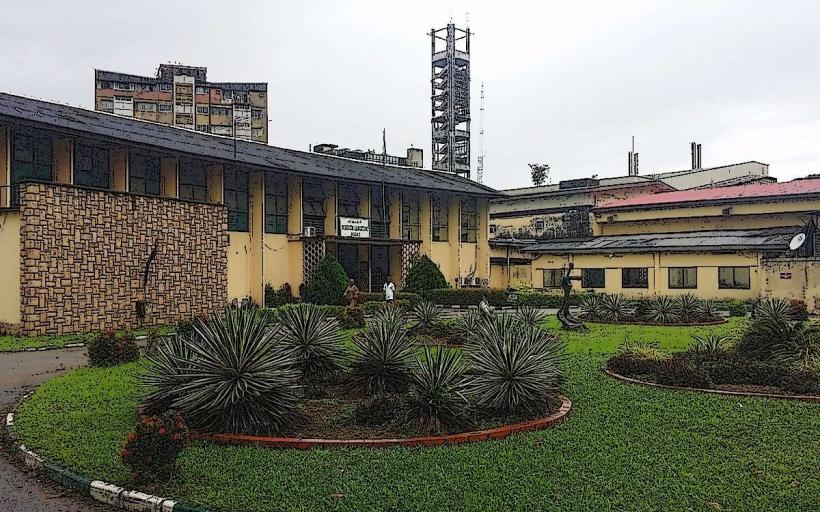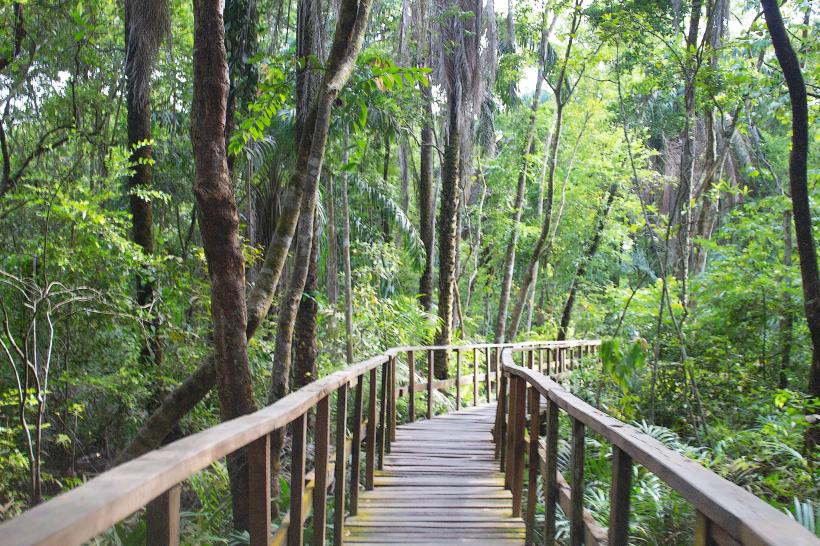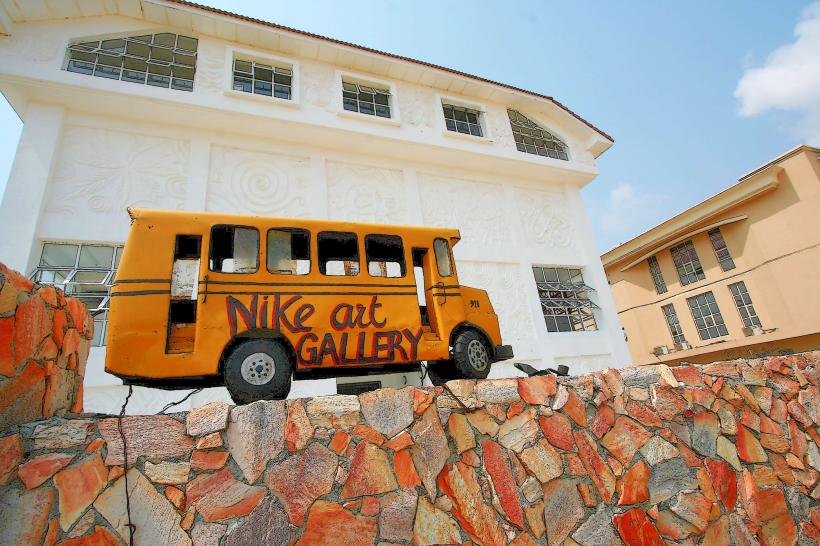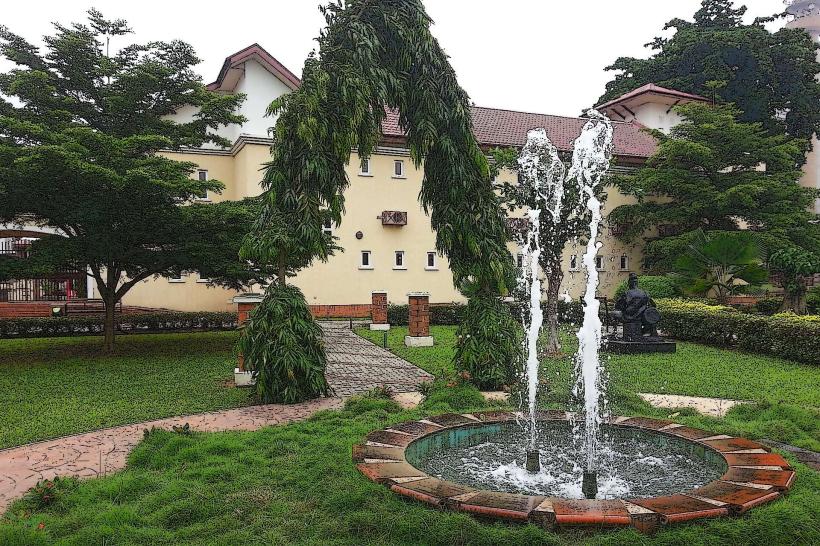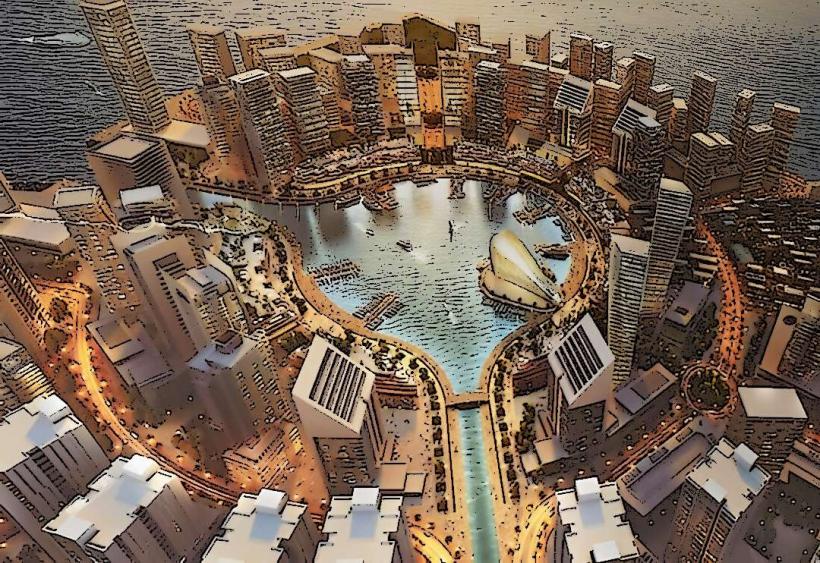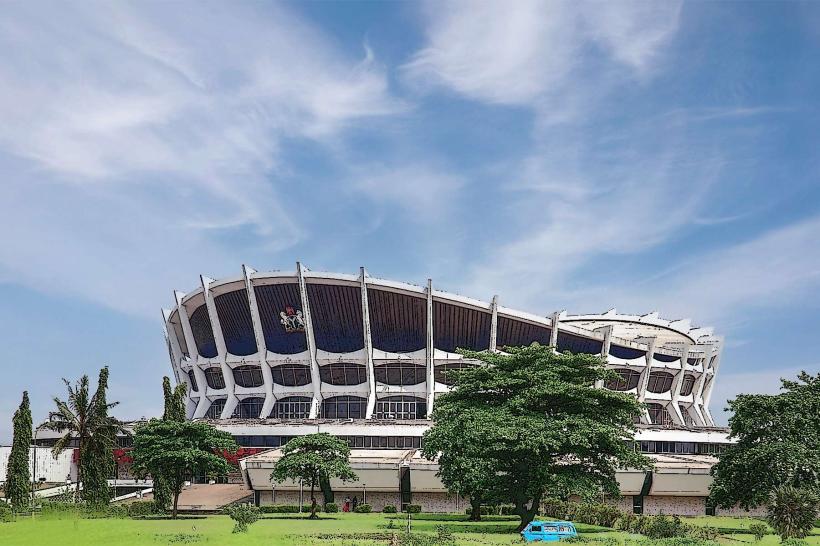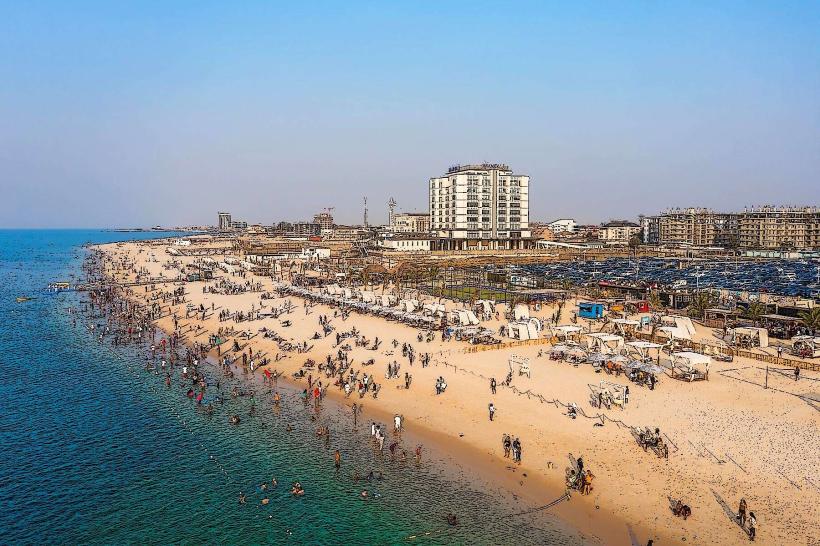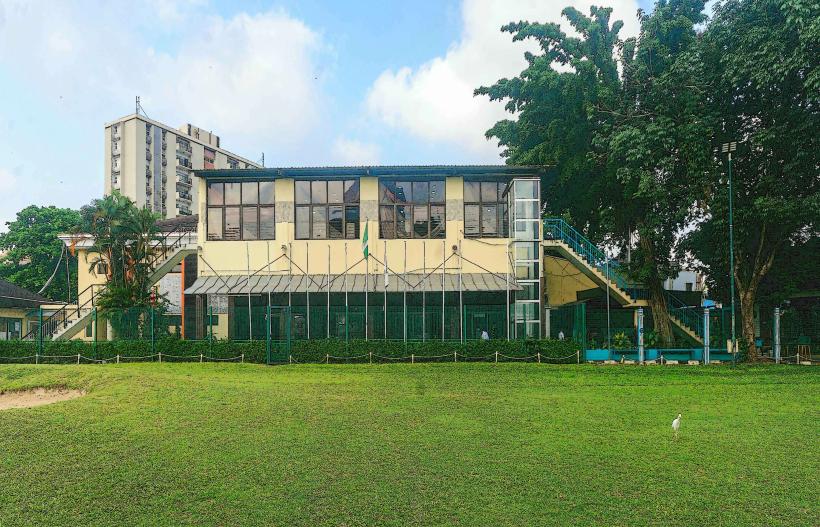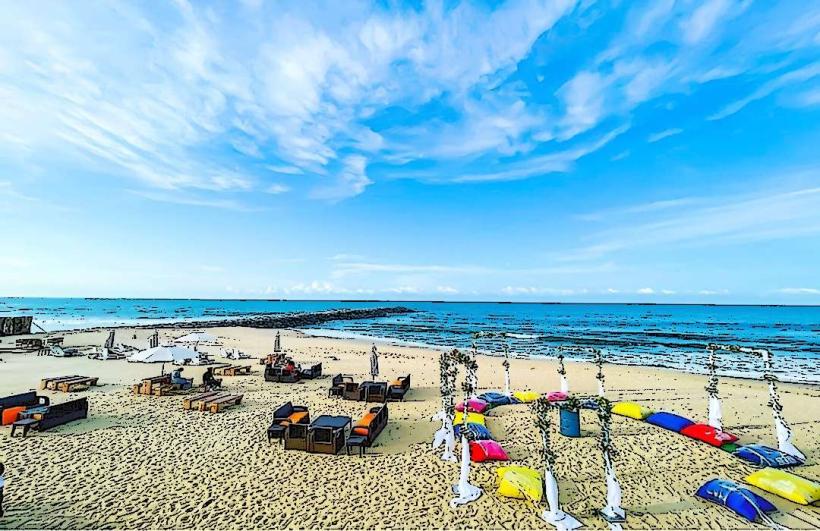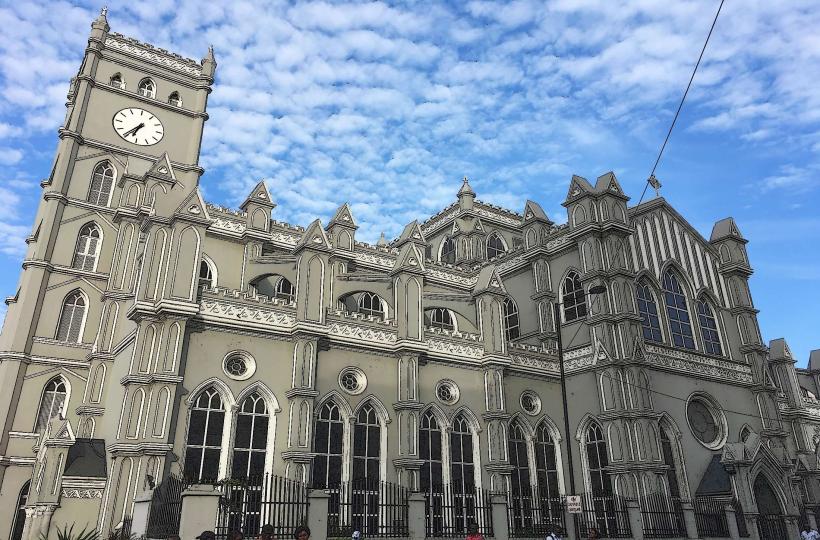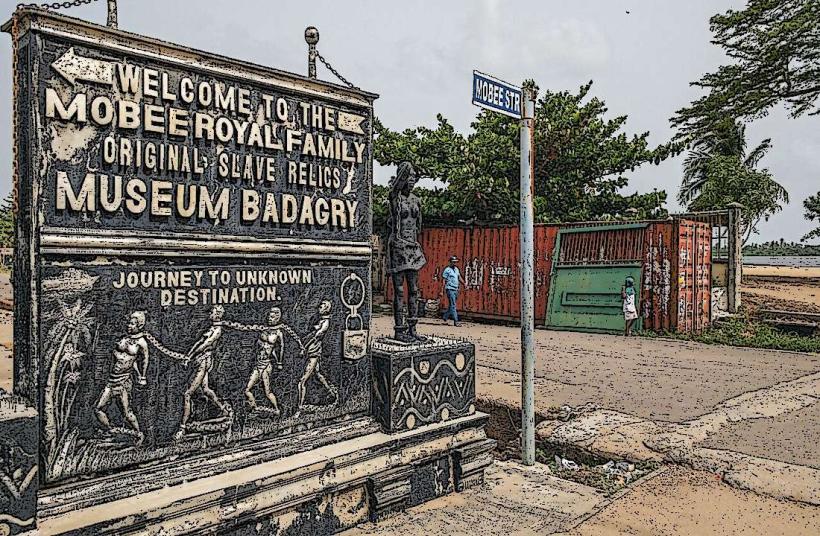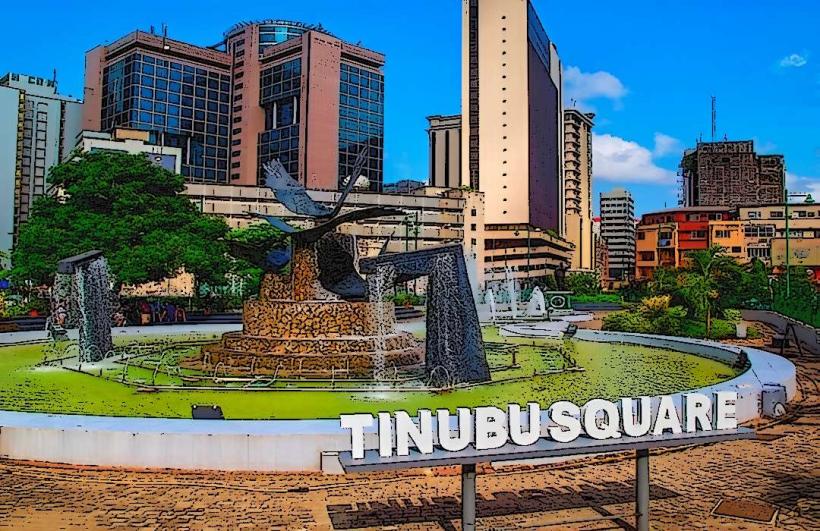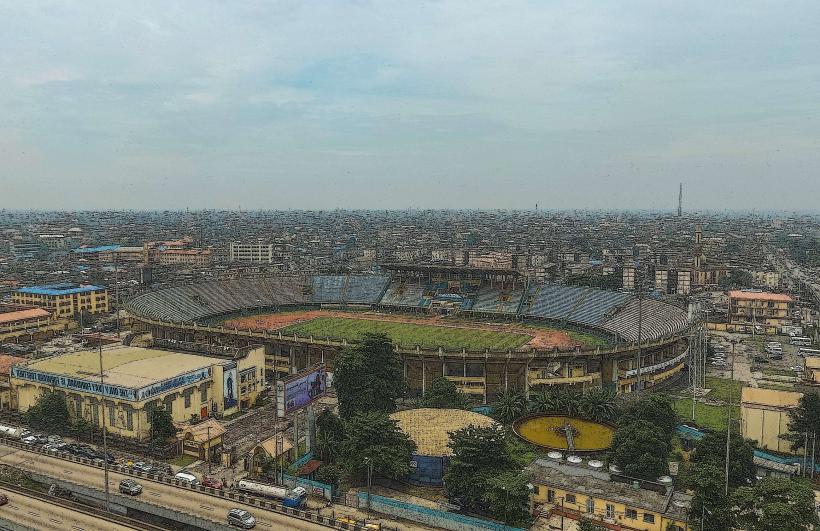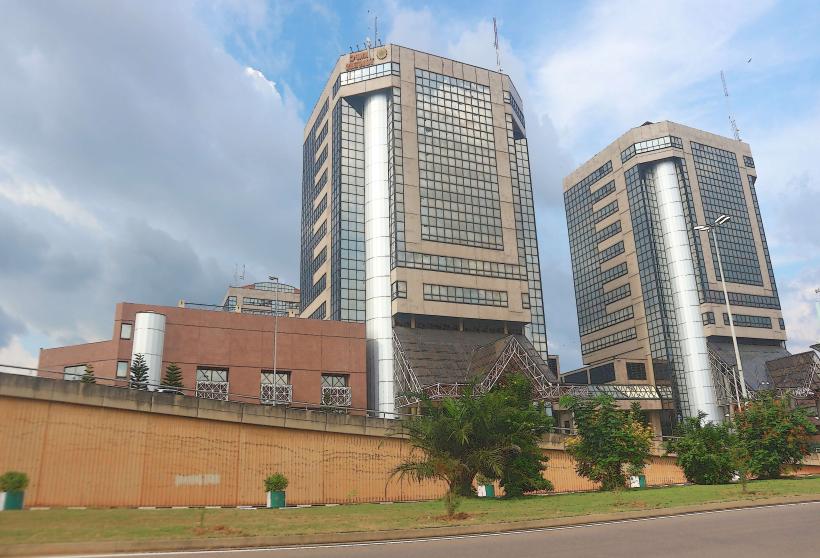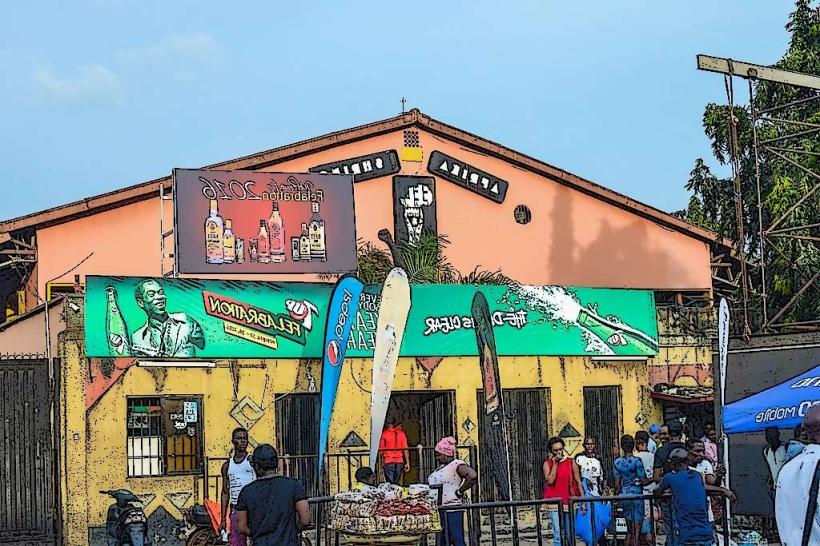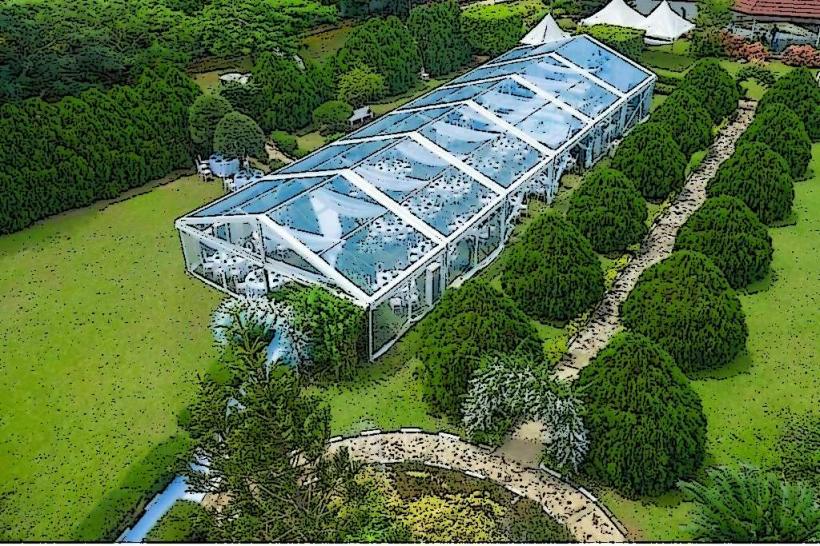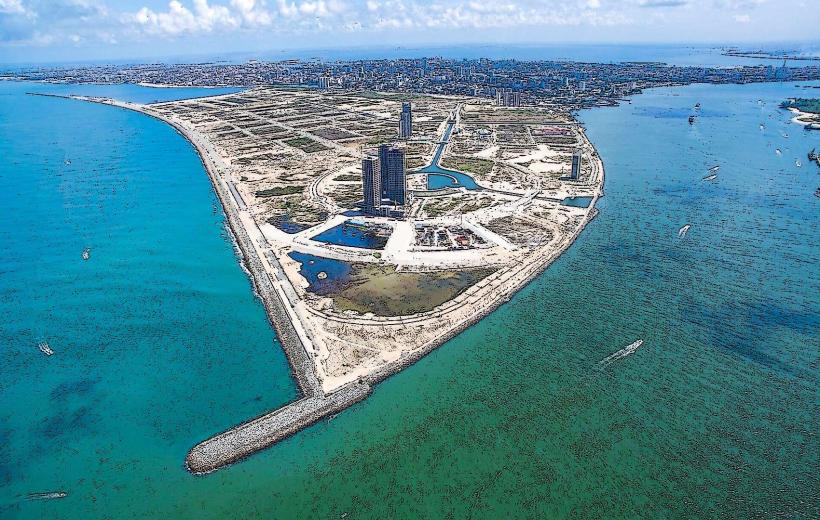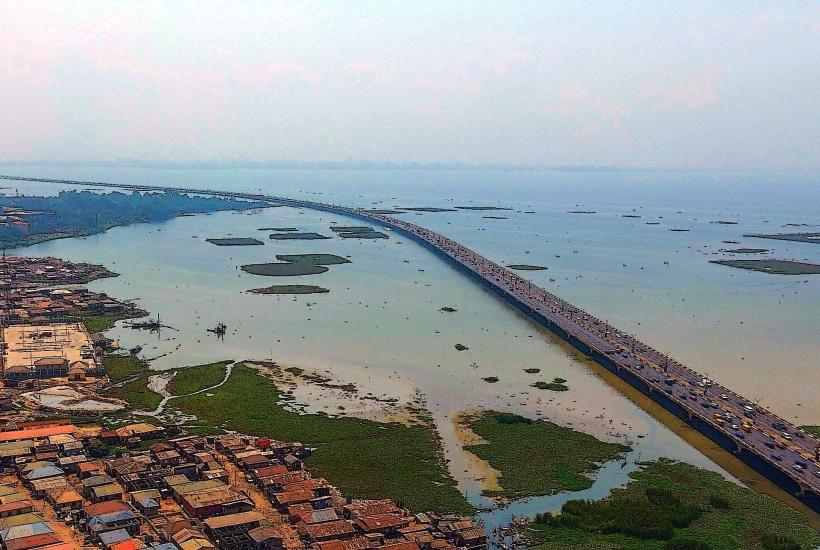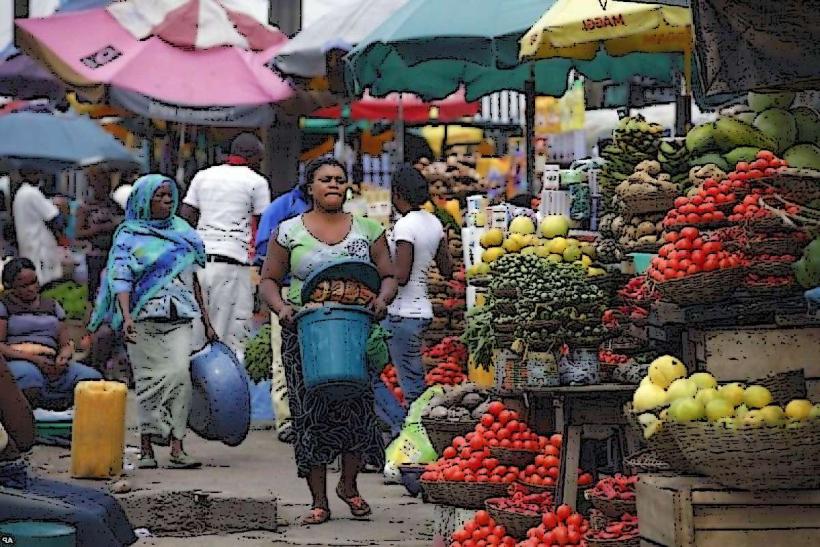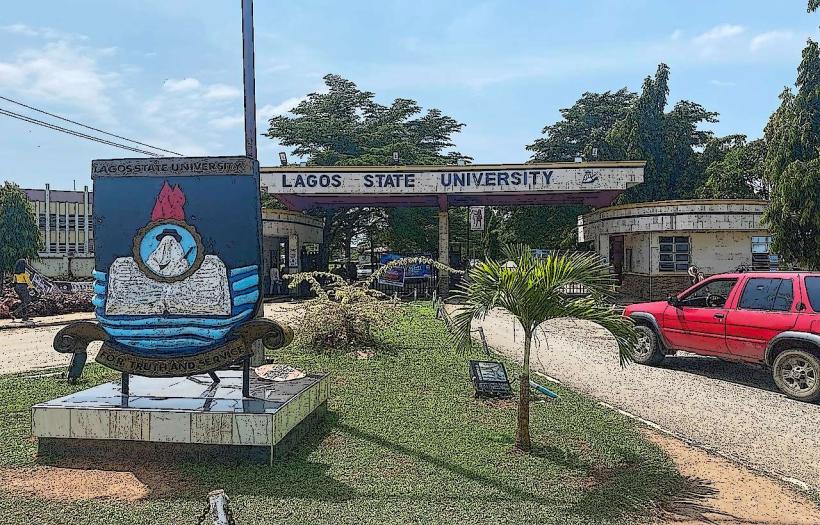Information
Landmark: Agbara Industrial AreaCity: Lagos
Country: Nigeria
Continent: Africa
Agbara Industrial Area, Lagos, Nigeria, Africa
The Agbara Industrial Area is a prominent industrial hub in southwestern Nigeria, located along the Lagos–Badagry Expressway in Ogun State, though it sits right on the boundary with Lagos State. It is one of Nigeria’s most developed and structured industrial zones, known for hosting numerous local and multinational manufacturing companies.
Location:
Situated in Agbara, a town in Ado-Odo/Ota Local Government Area of Ogun State
Roughly 30–40 kilometers west of Lagos, accessible via the Lagos–Badagry Expressway
Close proximity to Tin Can Port and Apapa Port in Lagos, making it attractive for exporters and importers
Overview:
The Agbara Industrial Area was developed to decentralize Lagos's industrial concentration and take advantage of the land and infrastructural opportunities in Ogun State.
It is characterized by zoned land use, planned road networks, dedicated electricity lines, private security, and logistics services.
The estate combines industrial, residential, and commercial sections, making it relatively self-sufficient.
Key Industries and Companies:
Agbara is home to many multinational corporations and Nigerian manufacturers, including:
Food and Beverage:
Nestlé Nigeria Plc – large-scale food production and packaging
Unilever Nigeria – production of food items and household products
Dansa Foods – fruit juice and food processing
UAC Foods – snacks and fast foods
Pharmaceuticals and Chemicals:
GlaxoSmithKline (GSK) – pharmaceutical production (note: GSK recently scaled down local operations)
Evans Medical Plc – pharmaceutical and healthcare products
Beta Glass Plc – glass manufacturing for packaging
Consumer Goods:
PZ Cussons – soaps, personal care, and household products
Procter & Gamble (formerly had operations there)
Reckitt Benckiser – cleaning and hygiene products
Manufacturing and Industrial:
Vitafoam – foam and mattress production
African Foundries – steel production
BASF West Africa – chemical distribution and supply
Infrastructure and Utilities:
Power Supply: Companies often rely on a mix of national grid (through the Ikeja or Egbin network) and independent power generation (diesel, gas, or solar).
Water and Waste Management: Many firms have their own treatment plants and waste disposal systems.
Road Network: Internal roads are relatively well-paved compared to surrounding towns, but access roads outside the estate may be affected by poor maintenance or flooding.
Workforce:
The area attracts workers from Lagos, Ogun, and surrounding regions. There are both skilled and unskilled laborers in industries such as packaging, machine operations, maintenance, security, and logistics.
Nearby residential estates and staff quarters serve workers, with transport services provided by many companies.
Challenges:
Traffic congestion on Lagos-Badagry Expressway, especially during peak hours
Power instability from the national grid, though most factories are equipped with alternatives
Flooding issues during heavy rains in certain parts of the access roads
Security concerns, although mitigated by estate-wide private security
Importance:
One of Nigeria’s most significant industrial zones, second only to the Ikeja Industrial Area in scale and economic contribution
Supports local production, import substitution, and export
Boosts employment and contributes to Ogun State’s and Nigeria’s non-oil GDP
The Agbara Industrial Area represents Nigeria's ongoing efforts to diversify the economy through industrialization, and it remains a preferred site for investors seeking a stable and structured manufacturing environment near Lagos.

